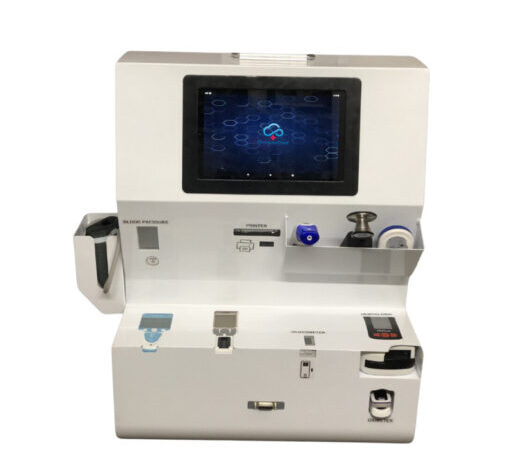
Study unravels why women are more susceptible to Alzheimer’s disease
Epidemiological studies have shown that women are twice as likely as men to develop Alzheimer’s disease (AD), but the cause of this phenomenon is unclear Now, however, a study led by Prof. Keqiang Ye from the Institute of Advanced Shenzhen Technology (SIAT) of the Chinese Academy of Sciences gave a clear answer to this mystery which has confused decades.
Their findings were published in nature on March 2.Integrating previous research, Prof. Team Ye has determined the theory that the C / EBPβ / AEP line is a core factor that encourages pathogenesis of neurodegenerative diseases Team Prof. Ye identified the hormone stimulation stimulation (FSH) as the main pathogen factor.
“During menopause, the serum concentration of FSH is greatly increased, binding cognitive FSH receptors to neurons and activating the C / EBPβ / AEP path. This results in Aβ pathology and know, which leads to AD’s development,” said Dr. Zaidi. The Ministry of National Education, the author with research and professor of tenors in Mount Sinai School of Medicine in New York.
Researchers use different methods to show these findings. Using ovary mice, they use anti-FSH antibody treatments to block FSH and disable the C / EBPβ / AEP path. They also removed the expression of FSH receptors (FSHR) in neurons to eliminate FSH binding to FSHR in the Hippocampus. Both of these methods relieve pathology and cognitive dysfunction. In addition, Knockdown of C / EBPβ in advertising rat models reduces advertising pathology.
In addition to working with female rats, the researchers also injected FSH to male mice and found that FSH promoted advertising pathology All of these findings indicate that the increase in FSH after menopause binds FSHR in neurons and activates the path of C / EBPβ / AEP, which plays an important role in triggering advertising pathology.
In the near future, the team will focus on dissecting the relationship between specific risk genes such as APOE4 and FSH to explore why the female APOE4 carrier is more susceptible to AD’s development “Our findings show that the C / EBPβ / AEP signal path acts as a core factor in diseases that depend on this age, which can help reveal how various risk factors to mediate neurodegenerative diseases through activating this pathway,” said Dr. Seong Su Kang. from Emory University In addition, Team Prof. Ye extend this theory with various chronic diseases that depend on age such as diabetes, atherosclerosis, cancer, and aging.



